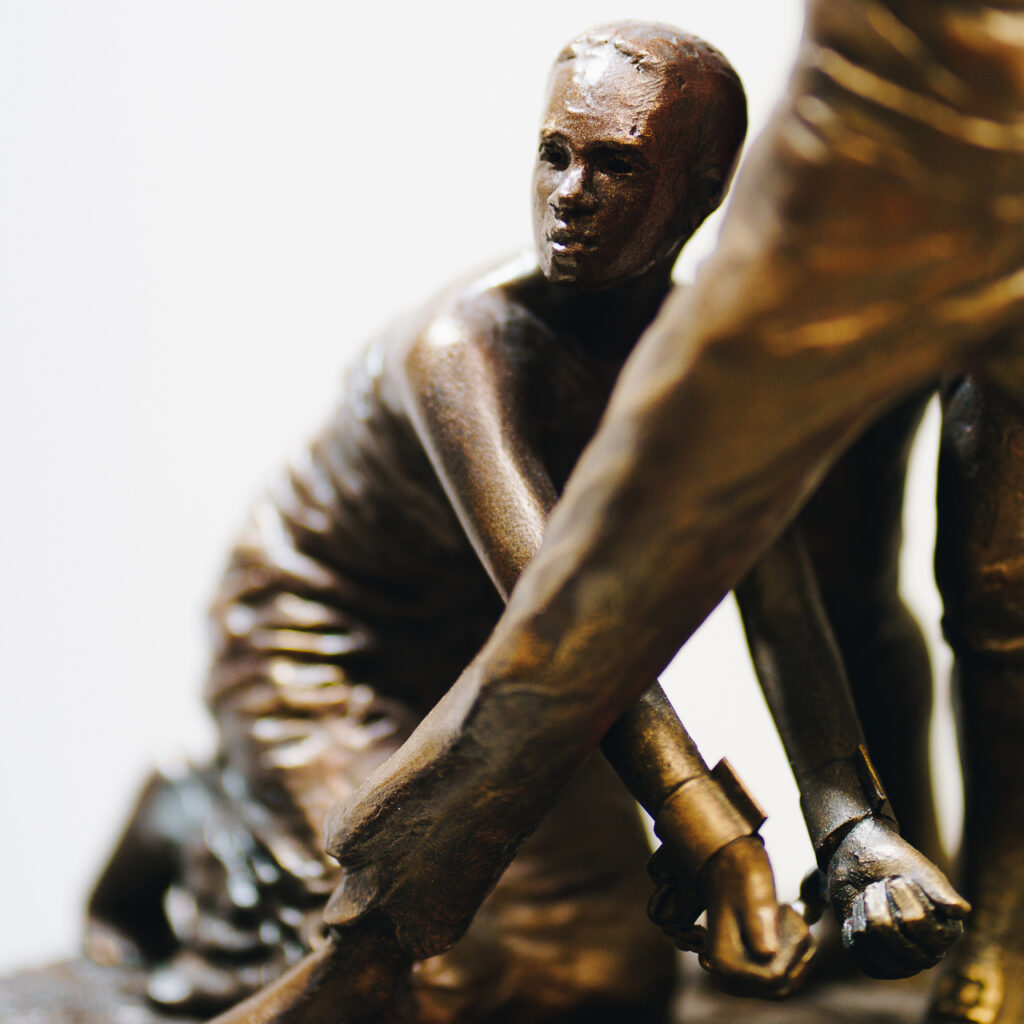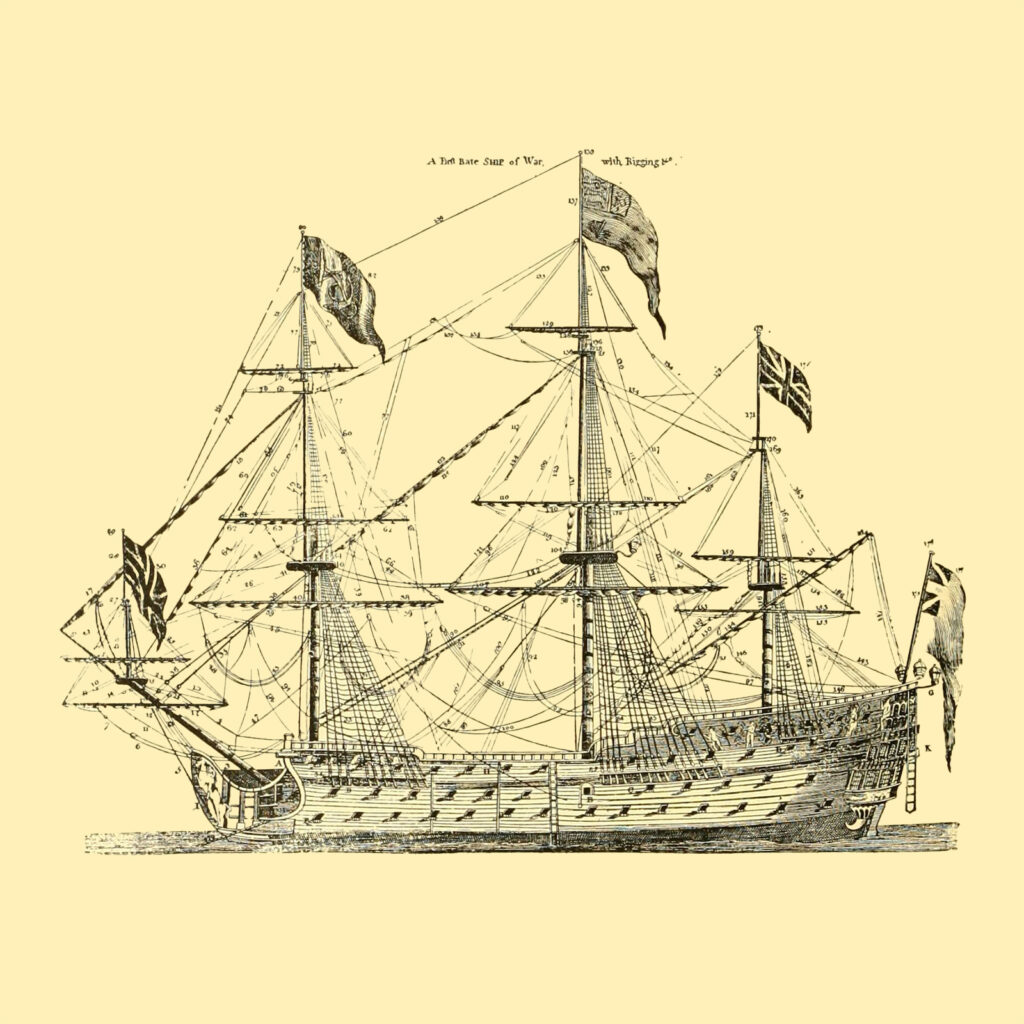Education
We are committed to promoting a lasting understanding of Britain’s commitment to end the slave trade
The West Africa Squadron undertook “the most expensive moral action ever undertaken” in destroying the Atlantic slave trade between 1807 and 1867.
However, its actions are not currently taught as part of the history curriculum within British schools, and as such, our avowed goal is to help address this, so that the bravery and decisive action of the Royal Navy’s personnel at the time is recognised and suitably commemorated.



An open letter to Gillian Keegan MP, Secretary of State for Education of the United Kingdom
Good Morning Gillian,
I am writing to you as a constituent, and as Chairman of the West Africa Squadron memorial Fund.
The West Africa Squadron undertook “the most expensive moral action ever undertaken” in destroying the Atlantic slave trade between 1807-1867, and yet its actions are not taught as part of the history curriculum.
Not only should the British lives lost be commemorated but also the unilateral action of Britain in banning slavery and enforcing that ban with our own ships, men and money should be celebrated.
The West Africa Squadron cost Britain 2% of our entire GDP at the height of its operation.
The Memorial Fund should have a statue erected in Portsmouth to the men who lost their lives by October this year. Penny Mordaunt has been a great supporter.
I sincerely hope you will consider adding the actions of the West Africa Squadron to the UK History curriculum.
Kind regards,
Colin Kemp
Chairman
West Africa Squadron Memorial Fund
February 2024
Gillian Keegan MP’s response to the open letter
Thank you so much for your email of 10 February about the teaching of the abolition of slavery in the National Curriculum.
It may helpful if I clarify that the National Curriculum is a framework setting out the content of what the department expects schools to cover in each subject. The curriculum does not set out how curriculum subjects, or topics within the subjects, should be taught.
The department believes teachers should be able to use their own knowledge and expertise to determine how they teach their pupils, and to make choices about what they teach.
You may be aware that the abolition of slavery is already included in the history curriculum.
At Key Stage 3, ‘Britain’s transatlantic slave trade: its effects and its eventual abolition’ is listed as a non-statutory example as part of the compulsory theme ‘ideas, political power, industry and empire: Britain, 1745-1901’.
This could involve teaching about the various aspects of the slave trade and its abolition.
It could also include the work of the West Africa Squadron, but this is at the discretion of individual schools.
Regards,
Gillian
Gillian Keegan MP
Member of Parliament for Chichester
Progress so far
%